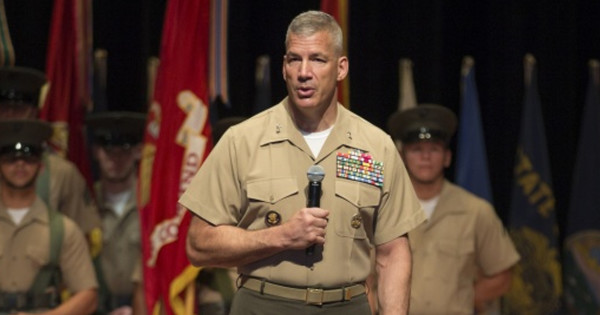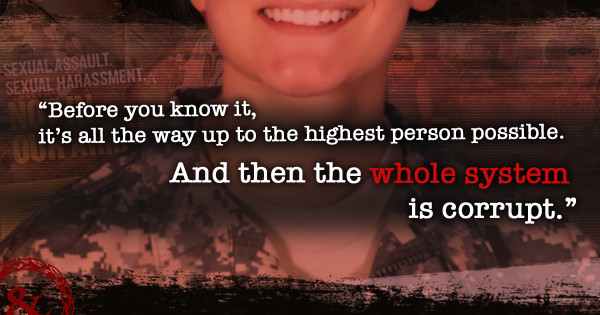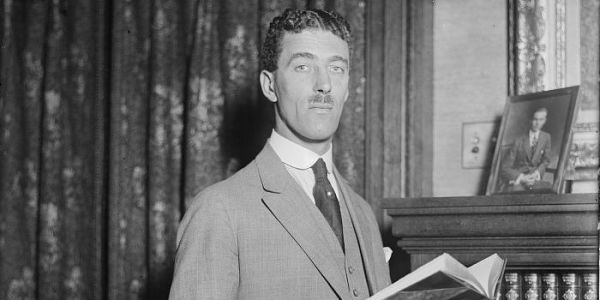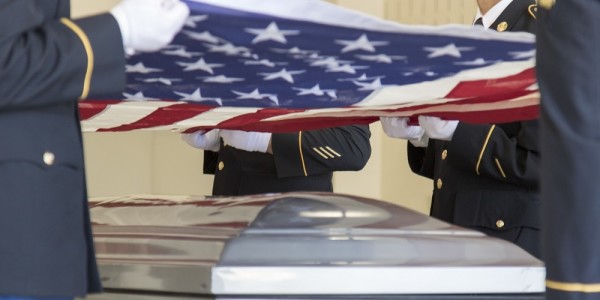Few men have pushed the boundaries between free speech and obscenity more than Hustler founder and porn kingpin Larry Flynt. Ever since he first published the iconic skin mag as a two-page newsletter in 1972, Flynt made Hustler a nexus of free speech against what he saw as a puritanical streak of oppression and self-censorship running through American culture. His crusade culminated in, among other things, publishing nude photographs of former First Lady Jacqueline Kennedy Onassis in 1975 and a 1988 appearance before the Supreme Court in which he proclaimed the highest judicial body in the country “nothing but eight assholes and a token cunt!”
In recent years, Flynt has shown that free speech has limits, even for him. In 2003, Flynt reportedly purchased a cache of nude photographs taken of Army Pvt. Jessica Lynch, the soldier captured by Iraqi forces during the Battle of Nasiriyah and rescued shortly thereafter, in order to keep them out of public circulation for Lynch’s sake.
“Jessica Lynch is a good kid, she’s not a hypocrite or out to fool anyone,” he told The Associated Press in 2003. “She’s just a victim of the Bush administration, who is using her to justify the war in Iraq and force-feed us a Joan of Arc.”
With the military reeling from the “Marines United” nude photo scandal that revealed a culture of harassment and sexual misconduct within the Corps, Task & Purpose called Flynt to get his perspective on privacy, pornography, and the military in the age of the Internet.
Have you been following the nude-photo scandal that’s been unfolding in the Marine Corps?
I have, but not very closely. My thoughts are very basic: You shouldn’t say something that you don’t want to appear on the front page of The New York Times, and you shouldn’t take a picture that you don’t want to appear online or in a magazine someplace. These people scream about privacy, but privacy is a thing of the past.
Benjamin Franklin once said that those who would trade civil liberties for security deserve neither. And he was right, and this is what has happened with technology and communications and the surveillance that the government is capable of doing. It’s very easy to violate anyone’s privacy, and Americans tend to give it a lot of lip service, but they don’t really care about it the way they should, or protest the way they should.
Privacy is basically a thing of the past. Fame has its price. Any time you do something that puts you in the spotlight, you then become a public figure, and you give up your right to complain about publicity.
Would you publish photos from the so-called ‘Marine United’ cache?
We wouldn’t do that. We would have to obtain release before we would publish them. You open yourself up to all kinds of legal stuff if you don’t get that.
“It’s very easy to violate anyone’s privacy, and Americans tend to give it a lot of lip service, but they don’t really care about it the way they should, or protest the way they should.”
I was reminded of your purchase of nude photos of Pvt. Jessica Lynch back in 2003, although at the time you said it was to keep her from becoming “a tool of the media or the U.S. government.”
I don’t think you can compare this to the Jessica Lynch story at all. I saw her more of a pawn. All of this stuff came out about her firing her gun , that she fought until the very end — she didn’t fire any rounds! She was captured and then rescued, and tried to make it into a story that it wasn’t really wasn’t.
Anyway, they started promoting her to get publicity, and I thought that was really cheap. I didn’t see in any point in adding insult to injury by publishing any nude photographs of her. There was nothing scandalous about the photographs other than the fact that she was nude.
Normally, I would have published them. But after I became familiar with the story, I changed my mind. Everything’s a judgement call. I just decided that she was a person I didn’t feel like exploiting. I know that sounds hypocritical because I go after everybody, but I have some strong feelings about the way women have been treated in the military.
Go on …
If they’re going to serve, they should be allowed to serve, and there shouldn’t be a double standard for anybody. The military is very much still a man’s world, of course, and if a woman’s not willing to bend the rules and play the game, she’s not going to be there long. But that’s the wrong way to treat a female if she wants to make a military career.
This stuff happens. When you put men and women together, whether they’re on a ship or in combat or wherever, the hormones rage and things are going to happen. But the guys themselves in command can’t turn a blind eye to it and pretend discrimination doesn’t exist, because it does.

Larry Flynt rocks a gold-plated wheelchair on Nov. 14, 2009.Photo via Wikimedia Commons
What was your experience in the military? You served as a radar operator on the USS Enterprise, and I understand your father served in the Army, too, during World War II?
The Navy was a very good experience for me. I enjoyed it quite a bit. I wanted to see the world, and when I was put on the Enterprise in 1962, we did two world cruises. It was really preferred duty for people who like it.
I was a party animal in the Navy. There are things I did I don’t think I can talk about over the phone …
In your long experience with pornography, how has changing communications technology transformed the industry, especially when it comes to privacy?
It’s been on par with the Industrial Revolution, but we always have to be prepared for the unexpected. Now you can now see on the Internet what you could only see 30 years ago in a magazine like Hustler. Something like 20% of the business in America is all ecommerce now. That’s why I’ve diversified: I’m in the casino-gaming business, in the broadcast entertainment and internet business. Publishing is just a small amount of my revenue compared to a quarter century ago.
But I don’t think people realize how much of their privacy they’ve given up with the various credit card companies that have a complete profile on us. They don’t even begin to realize that, and I think they just stopped caring about it until there’s nothing they can do about it. There’s too much apathy: Americans don’t think it’s something they should be concerned about, but some day when they wake up they might realize how wrong they were.
“I was a party animal in the Navy. There are things I did I don’t think I can talk about over the phone …”
What are your thoughts on the “revenge porn” laws states are adopting?
I have mixed feelings about that. If you don’t want nude photographs taken of yourself, you shouldn’t allow them to be taken in the first. It all depends on who the individuals are involved. If it’s a public figure, it’s one thing, but for private figures it’s different.
You’ve been at the heart of several privacy cases in the last several decades. What’s the next big conflict you see on the horizon?
I’m not sure, but we’ve got to always be on guard. You’re not going to lose your freedoms in one fell swoop, or one movie at a time, or one magazine at a time. These politicians can’t keep our streets clean, but they want to keep our minds pure — you’ll never know what they’ll come up with next.


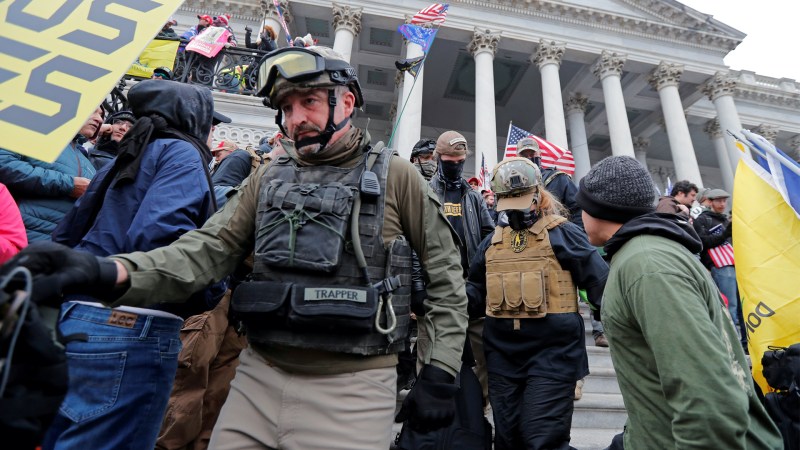
![New Army report confirms Vanessa Guillén was sexually harassed by a member of her unit before her death [Updated]](https://taskandpurpose.com/wp-content/uploads/2020/11/ap_20212567948409-2-scaled.jpg?w=740)

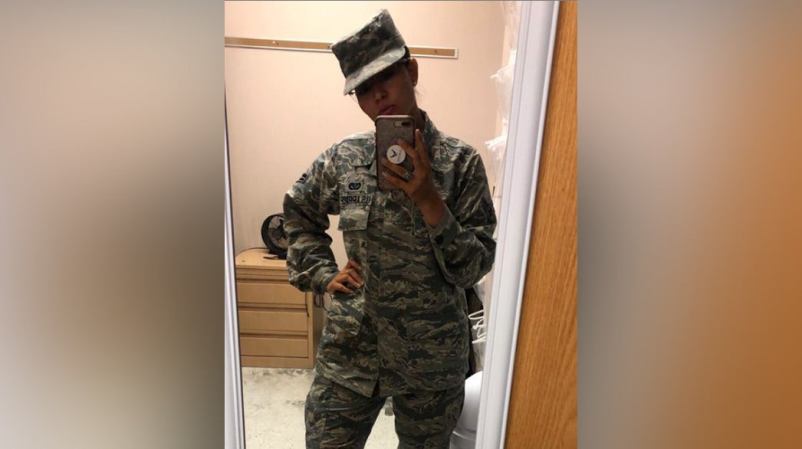

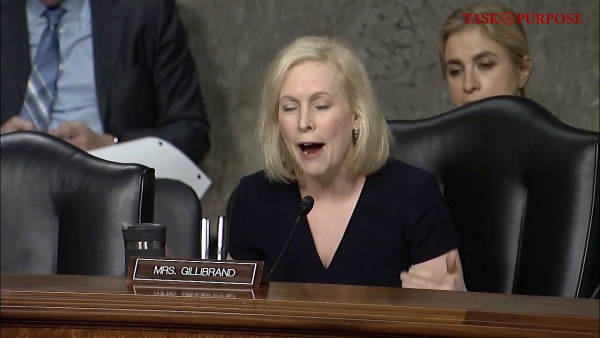

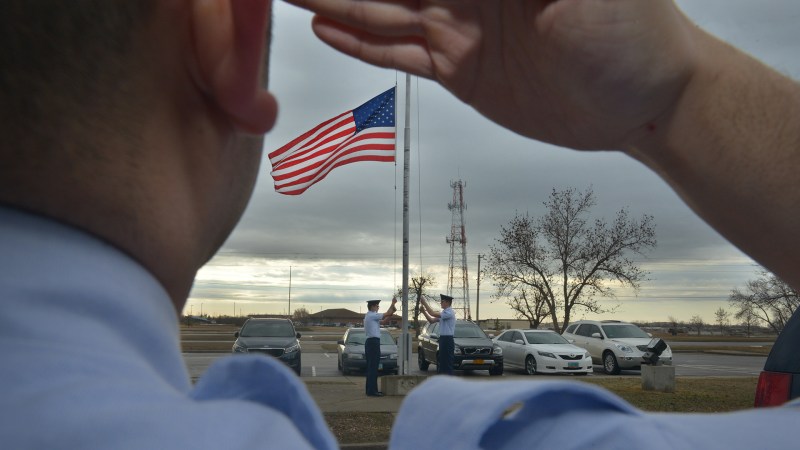

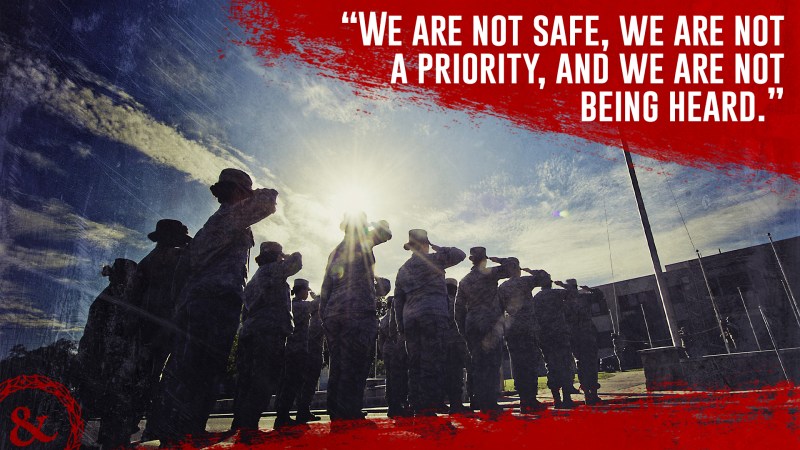

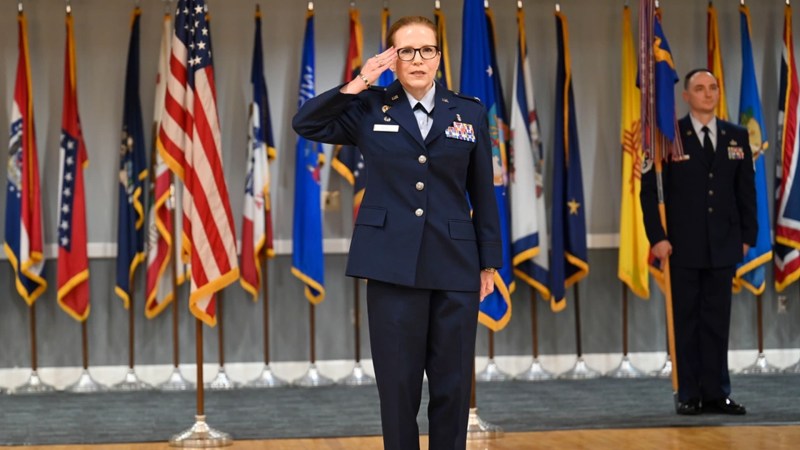
![Why won’t the Marine Corps release public records from Lt. Col. Scheller’s court-martial? [Updated]](https://taskandpurpose.com/wp-content/uploads/2021/09/17/Scheller-3-e1631970568782.jpg?w=770)
